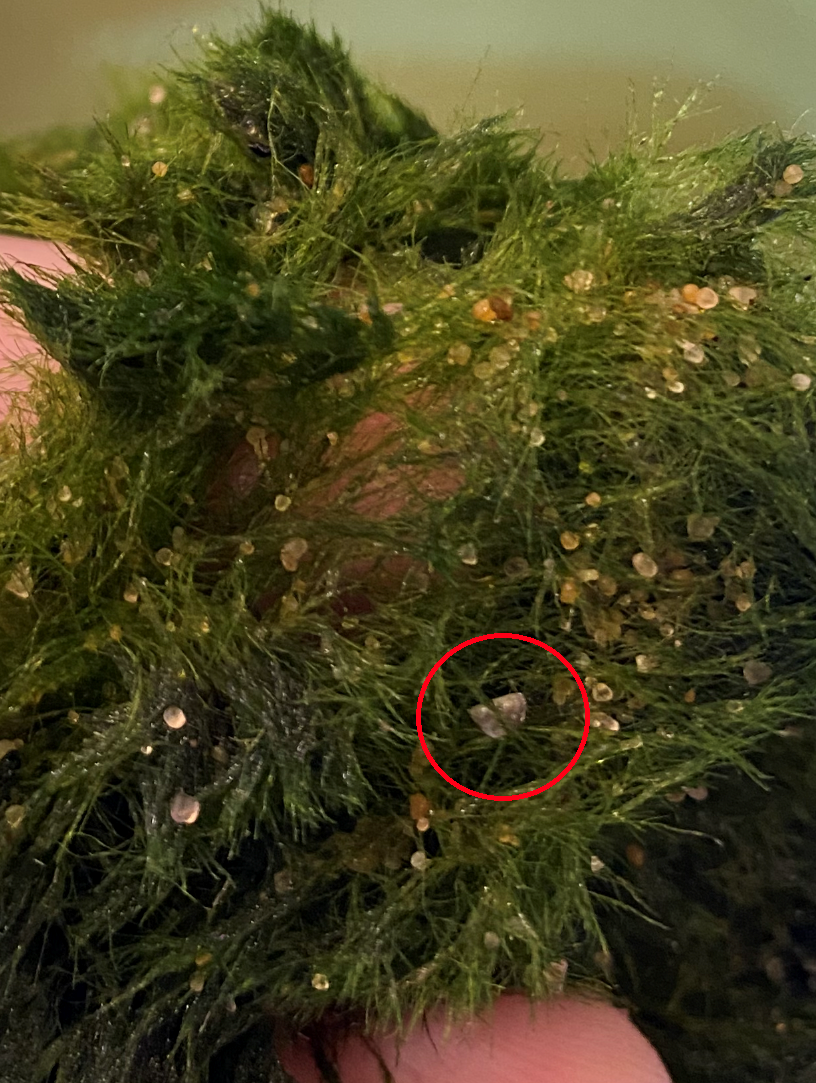The Ministry of Environment is warning Saskatchewan residents to treat or even dispose of a type of moss ball popularly used in fish tanks as they may contain zebra mussels, a prohibited aquatic invasive species.
The mussels have been found in a variety of moss ball or algal ball products sold across western Canada, including in Saskatchewan. Often called marimo balls, these products are popular as ornamental plants kept in aquariums or water gardens, and with betta fish.
Alberta, Manitoba, B.C. and Ontario have also reported finding zebra mussels in moss ball products sold within their provinces. Following a coordinated effort from jurisdictions across Canada, the potentially contaminated products have already been removed from the retail supply chain.
The ministry is asking anyone who purchased a moss or algal ball product after Jan. 1, 2021 to properly treat or dispose of it, to help lessen the risk of zebra mussels reaching Saskatchewan aquatic ecosystems.
Zebra mussels are known to negatively impact ecosystems in many ways, including filtering out important algae that other native species feed on, attaching to and incapacitating other native mussels, and clogging water intake pipes. They are also known to multiply very quickly, once introduced to a water body, and spread very easily.
Residents may not be able to visually identify if their moss balls are housing zebra mussels, said the ministry, as some of the examples found in Saskatchewan have been as small as a grain of sand and even located deep inside the moss ball itself.
For individuals looking to treat their moss or algal balls, the ministry recommends placing them in a plastic bag and either freezing them for 24 hours or dipping them into boiling water for at least a minute before letting them cool.
To properly dispose of moss ball products, place it and any of its packaging in a sealed plastic bag and then into the garbage.
The ministry is also recommending that anyone with moss balls in their fish tanks or water gardens take the time to treat aquarium contents and water, after removing the moss balls.
Residents should also consider cleaning any aquarium accessories that were in the same tank, either by soaking them in boiling water or in a disinfection solution that uses bleach.
During this step, the ministry strongly stressed that residents should not dispose of any aquarium water or products, like substrate, plants, or filter media, that have been in contact with moss balls by flushing it down the toilet, drain, or in the compost.
Instead, remove the moss balls and other living organisms from the aquarium or tank and treat the contaminated water with bleach, allowing it to sit at least 15 minutes before disposing of it down the drain.
For large aquariums where disinfection isn’t possible, monitor the tank for at least the next few months in case any unusual or unexpected aquatic life develops and bleach all filter media before tossing it in the garbage.
If you think you have found a zebra mussel in a moss ball, in your aquarium, or anywhere else in the province, contact the Saskatchewan Turn In Poachers and Polluters (TIPP) line at 1 (800) 667-7561.
For more information about how to properly disinfect aquariums that may have been in contact with a contaminated moss ball, visit saskatchewan.ca/invasive-species.




